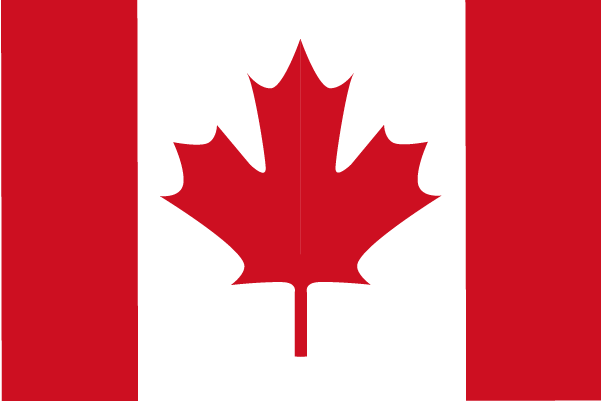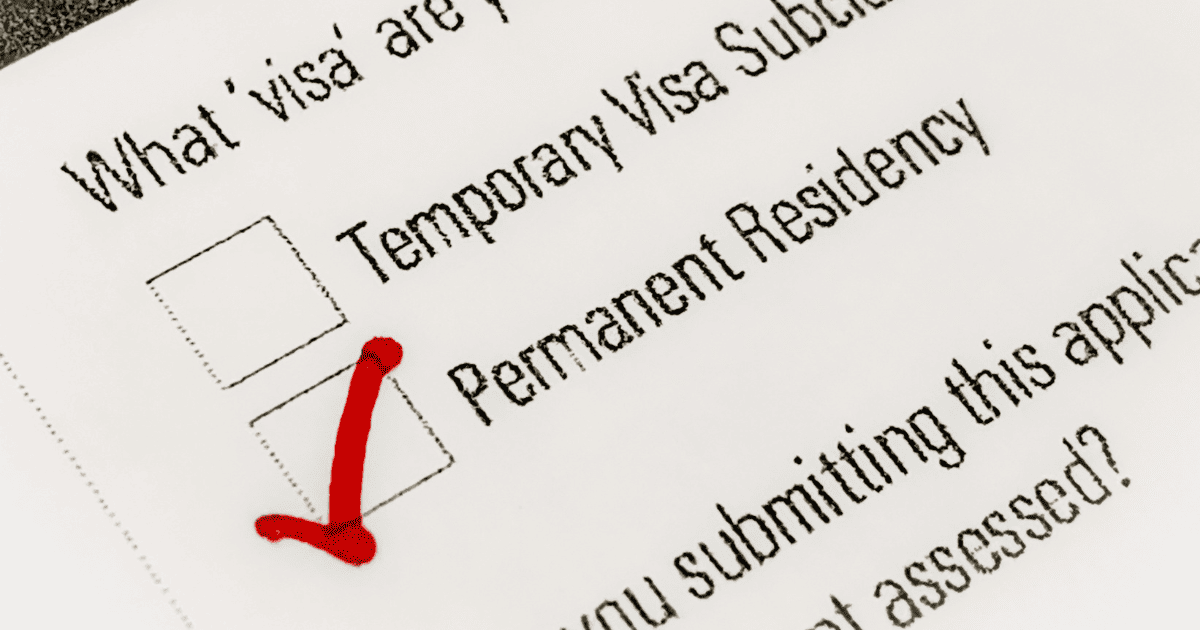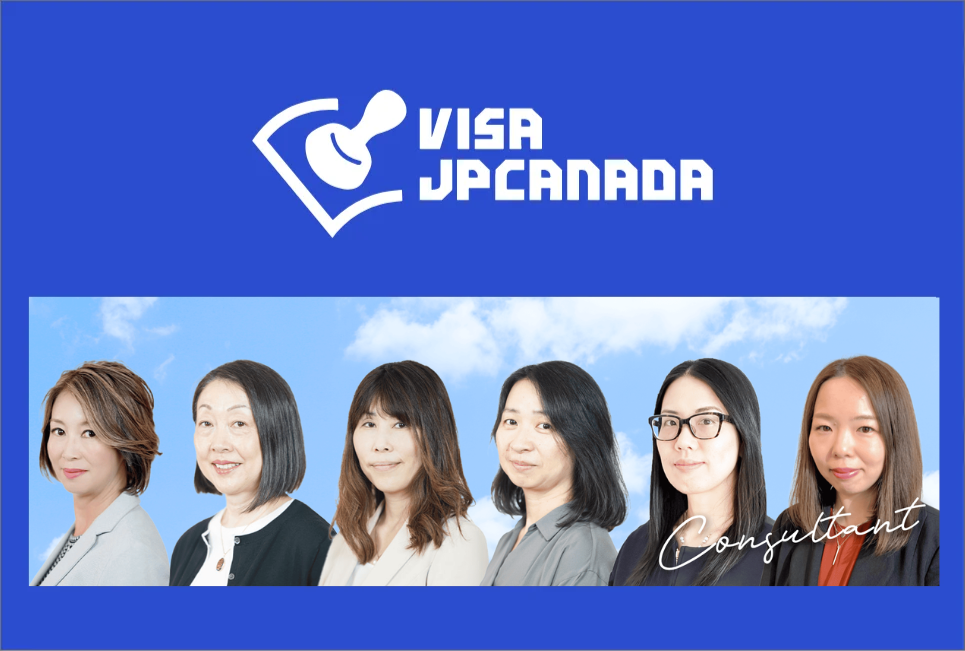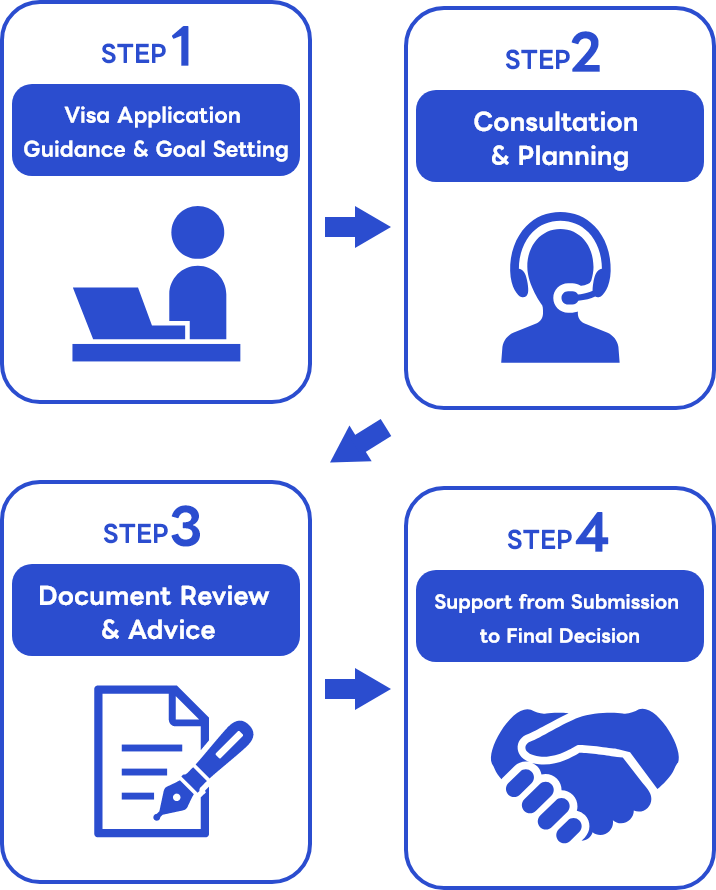Last Updated:February 19, 2026
Provincial Nominee Program (PNP)
What is the Provincial Nominee Program? The Provincial Nominee Program (PNP) is a unique immigration pathway that allows each Canadian province and territory to select candidates for permanent residence, aligning with their specific economic goals and labour market demands. Under this program, provinces nominate individuals who possess the skills or occupations in high demand within their region. Once nominated, candidates submit their applications for approval from Immigration, Refugees and Citizenship Canada (IRCC), ultimately securing permanent resident status. To receive a nomination, candidates often require a recommendation from a local employer, ensuring that their skills are in direct demand within the province.
Select the Canadian province in which you wish to obtain permanent residence
Explore the PNPs of each province in Canada
Please select your desired province.

- British Columbia Provincial Nominee Program (BCPNP)
- Ontario Immigrant Nominee Program (OINP)
- Alberta Advantage Immigration Program (AAIP)
- Manitoba Provincial Nominee Program (MPNP)
- Nova Scotia Nominee Program (NSNP)
- Newfoundland Labrador Provincial Nominee Program (NLPNP)
- New Brunswick Provincial Nominee Program (NBPNP)
- Prince Edward Island Nominee Program (PEIPNP)
- Saskatchewan Immigrant Nominee Program (SINP)
- Northwest Territories Nominee Program (NTNP)
- Yukon Provincial Nominee Program (YNP)
Receiving a nomination through a Provincial Nominee Program leads to permanent residence
Receiving a nomination through a Provincial Nominee Program is a crucial step toward obtaining permanent residence in Canada. Once nominated, candidates can submit their application for permanent residence to IRCC as a nominee.
The Background of the Nominee Program
Addressing population imbalances
In Canada, the population is primarily concentrated in major urban centres, leaving many regions facing labour shortages and population decline. The Nominee Program aims to address these challenges by attracting immigrants to these underpopulated areas, helping to reduce population disparities and improve the balance between regions.
Stimulating regional economies
Immigrants contribute to regional economies as a fresh workforce, driving economic growth by supporting local industries. The Nominee Program plays a key role in revitalizing these economies by attracting immigrants to sectors and industries facing labour shortages, helping to stimulate growth and sustainability in these regions.
Promotion of cultural diversity
Based on Canada’s policy of multiculturalism, the Nominee Program plays a vital role in enriching the cultural diversity of local regions by welcoming immigrants from diverse cultural backgrounds. This, in turn, promotes multicultural coexistence across the entire country, fostering a more inclusive and harmonious society.
Immigration policy based on provincial needs
By allowing each province to select immigrants based on its unique economic conditions and demographic profile, immigration policies tailored to the specific needs of each region have been effectively implemented. This approach enables provinces to secure the right talent and address their particular demands, ensuring targeted solutions for local labour shortages and economic growth.
The 10 Provinces and 3 Territories of Canada
Canada is composed of 10 provinces and 3 territories, each with distinct characteristics in their relationship with the federal government. Provinces have their own governments and possess powers nearly equal to those of the federal government. In contrast, the territories are under more direct federal oversight and have limited autonomy. This structural difference is a defining feature of Canada’s regional governance.
Additionally, Quebec is unique in that it has its own immigration laws, which means it does not participate in the Nominee Program. On the other hand, Nunavut is the only region in Canada that does not have its own Nominee Program.
Abbreviations and Capitals of Canadian Provinces and Territories
| Abbreviation | Province/Territory | Name | Capital |
|---|---|---|---|
| BC | Province | British Columbia | Victoria |
| ON | Province | Ontario | Toronto |
| AB | Province | Alberta | Edmonton |
| MN | Province | Manitoba | Winnipeg |
| NS | Province | Nova Scotia | Halifax |
| NF | Province | Newfoundland and Labrador | St. John’s |
| NB | Province | New Brunswick | Fredericton |
| PE | Province | Prince Edward Island | Charlottetown |
| SK | Province | Saskatchewan | Regina |
| QC | Province | Quebec | Quebec City |
| NT | Territory | Northwest Territories | Yellowknife |
| YT | Territory | Yukon Territory | Whitehorse |
| NU | Territory | Nunavut Territory | Iqaluit |
Related Columns

Date Posted:February 5, 2026
New Brunswick Immigration Tightens PR Selection|Who Still Has a Realistic Path and Who Must Rethink Strategy

Date Posted:January 29, 2026
Express Entry:Four Strategic Lessons from the Largest Draw in History on
Related News
Looking to obtain permanent residence or a visa?
Consult with us now!

Applying for permanent residence or a visa to Canada on your own can be overwhelming due to the large number of required documents, and you may feel uncertain about whether everything is correct. However, if you're serious about immigrating to Canada, we strongly recommend seeking the support of an immigration consultant. There are many pathways to obtaining permanent residence, depending on factors such as your age, occupation, and family status. With the help of an expert, you can ensure that you plan the right approach tailored to your specific situation.
A professional immigration consultant will help solve your concerns
Get a free Counseling now
From immigration planning to application submission,
everything is completed with Visa JP Canada


Consulting with an immigration consultant makes the process clearer and much smoother. You’ll feel more confident with document submissions and procedures, significantly reducing the risk of mistakes. Take the first step toward your Canadian dream with the guidance of an expert.




